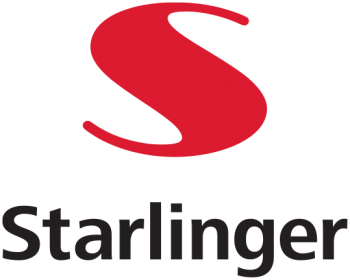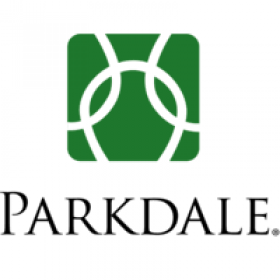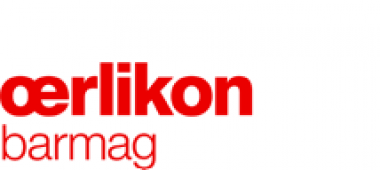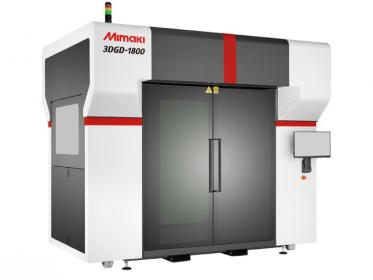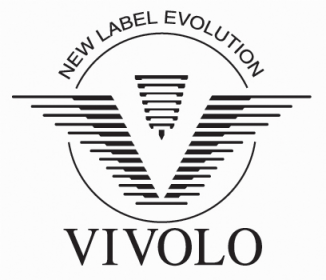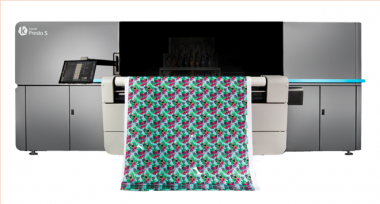Tailorlux Obtains An Exclusive Patent License From NCR Corporation
Tailorlux, developer of hidden luminescent marking solutions that prove origin and protect the integrity of consumer and industrial textile products, announces that it has obtained a patent license from US-based NCR Corporation.
Under the associated agreement, Tailorlux received a field specific exclusive license under a family of NCR patents pursuant to which Tailorlux will make and sell its IntegriTEX® marking and detection solution for textiles to customers in the United States.
The solution is designed to support and protect Tailorlux clients by enabling reliable proof of origin for their fiber and textile products (including, e.g., Egyptian, PIMA and recycled cotton, recycled PET, special fibres, filaments and other premium materials), thereby authenticating the products and protecting against counterfeiting, mixing and blending. Tailorlux will pay ongoing licensing fees to NCR pursuant to undisclosed financial terms.
Tailorlux
Tailorlux GmbH




